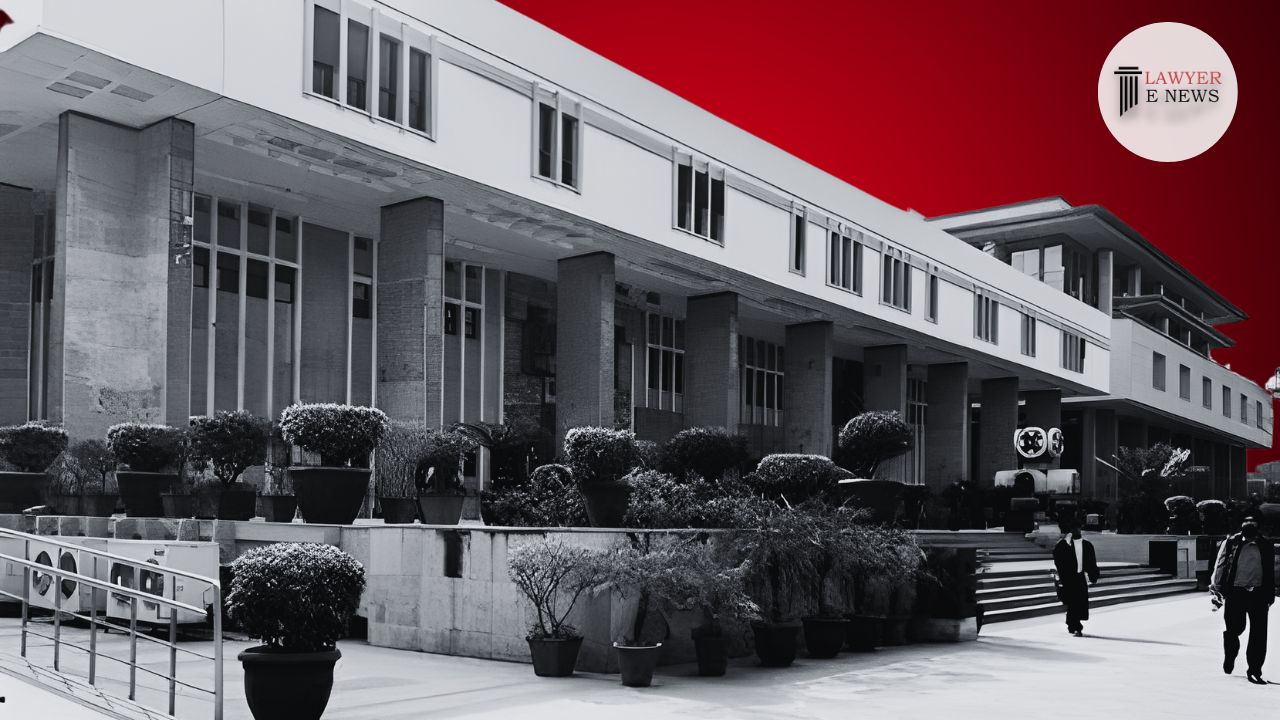-
by Admin
15 February 2026 5:35 AM



In a significant ruling, the Delhi High Court has denied a petition seeking concurrent running of sentences awarded to Mohsin Ibrahim Sayyed in two separate cases under the Unlawful Activities (Prevention) Act, 1967 (UAPA) and Indian Penal Code, 1860 (IPC). The judgment, delivered by Justice Swarana Kanta Sharma on June 7, 2024, underscores the distinct nature of the offenses and their severe impact on national security and societal harmony.
Mohsin Ibrahim Sayyed, the petitioner, was convicted in two separate cases related to terrorist activities linked to ISIS. The first case, RC-09/2016/NIA/DLI, involved a plot to attack the Ardh Kumbh Mela in Haridwar, for which he was sentenced to seven years of rigorous imprisonment by the Patiala House Court, Delhi. The second case, RC-02/2016/NIA/MUM, involved conspiracies to recruit for ISIS and plan assassinations, resulting in an eight-year sentence by the NIA Special Court in Greater Bombay. Sayyed sought the concurrent running of these sentences, arguing that the total period of imprisonment would be disproportionately severe.
Principle of Separate Transactions:
The court emphasized that the offenses in the two cases were distinct and involved different facts, thereby disqualifying the principle of “same transaction” for concurrent sentencing. Justice Sharma noted, “The petitioner was convicted in two different cases registered by NIA, one in Mumbai and another in Delhi, for which separate trials were conducted, and the offenses cannot be termed as part of a ‘same transaction.’”
Totality of Sentences:
Addressing the principle of totality, the court observed that the petitioner was not awarded the maximum sentence of life imprisonment in either case, reflecting leniency by the trial courts. “The petitioner has already been awarded lesser sentences by both the learned Trial Courts, and thus, consecutive running of sentences will not cause prejudice to the petitioner as far as the total period of sentence vis-à-vis the offense committed by him is concerned,” stated the judgment.
Gravity of Offenses and Societal Impact:
The court highlighted the grave nature of the offenses, involving terrorist plots and the recruitment for ISIS, which posed significant threats to national security and societal harmony. Justice Sharma remarked, “Terrorism not only threatens national security but also the very fabric of society by targeting innocent civilians and institutions indiscriminately. The impact of such terrorist activities on society is profound and far-reaching.”
Justice Sharma explicitly stated, “No further leniency can be granted to the petitioner by allowing concurrent running of sentences awarded to him by the Trial Courts in Greater Bombay and in Delhi, given the grave nature of his offenses.”
The Delhi High Court’s decision to deny the petition for concurrent sentences underscores the judiciary’s firm stance on handling cases of terrorism with due severity. By upholding the consecutive running of sentences, the judgment reinforces the legal framework’s commitment to addressing the serious threats posed by terrorist activities to national security and societal harmony. This ruling is expected to serve as a significant precedent in similar cases, emphasizing the importance of distinct sentencing for separate criminal acts involving national security threats.
Date of Decision: June 7, 2024
Mohsin Ibrahim Sayyed vs. National Investigation Agency
